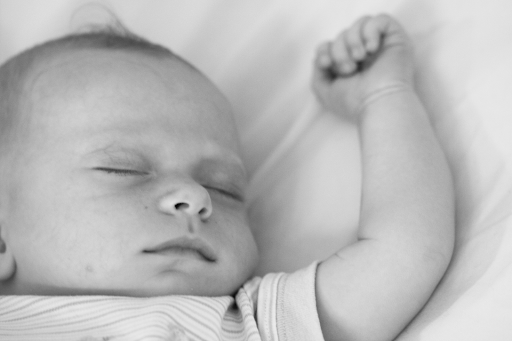How Cold Weather Affects Sleeping Patterns

January 4, 2022
We all know the feeling: long, cold days making you so very lethargic and fatigued. Long naps often accompany our favorite holidays, and can bring us comfort in the dark, cold, winters. Is the strong magnetism to our beds a comfort-based issue, or is it a biological factor in all humans? The following is there to discuss reasons as to why individuals seem to report on abnormal sleep during the winter months, and how you can achieve great sleep based on scientific resources.
According to sleep.org, about half of adults report sleeping two hours more a night during the winter months, which is a substantial amount of time considering that people are generally leading the same lives as they do in warmer seasons. While the actual amount of sleep that occurs is an important factor, sleep quality also matters.
The temperature of your room can greatly affect your sleeping patterns and emotional/mental health. Sleepadviser.org mentions that sleeping in a room with a colder temperature can actually lead to an increase in melatonin levels, which makes you drowsier and can improve sleep quality. Sleeping in colder rooms can make you sleep better, longer, and easier along with improving health and stress levels. Serotonin levels also increase which boosts the human mood.
Now, that being said, insomniacs have actually reported more difficulty falling asleep in colder weather. This may sometimes be due to them increasing the temperature of their rooms. So it is clear to see that temperature can play a crucial role in the quality of sleep during the winter. While hibernation in animals is a biological predisposition, humans aren’t necessarily the same, this is evident as we live, and function as normal during the colder months of the year.
Humans all have circadian rhythms, a natural, biological clock that works on a 24 hour basis. These bodily rhythms indicate when our body needs sleep, menstrual cycles, and menopause, along with many other bodily routines. The nights in winter are longer, causing us to have more time to sleep, which impacts circadian rhythm. Apart from the lack of sunlight and the darkness, the winter months don’t significantly change human circadian rhythms, especially when we have time changes that work in our favor.
Through much scientific research and many personal human accounts and reflections, we can conclude that colder temperatures can help create a better night’s sleep. Health.com provides many tips on how to get the best sleep this winter and how to maintain a good room temperature, increase healthy habits, and how to take care of your body in order to help you achieve your best emotional, and physical health.
As many of us fall victim to typical winter activities that aren’t beneficial to our health such as sleeping in, overeating, and lack of exercise, it’s important to acknowledge what colder weather can do to your sleep and well being and increase your personal awareness and preparedness for the months ahead.
